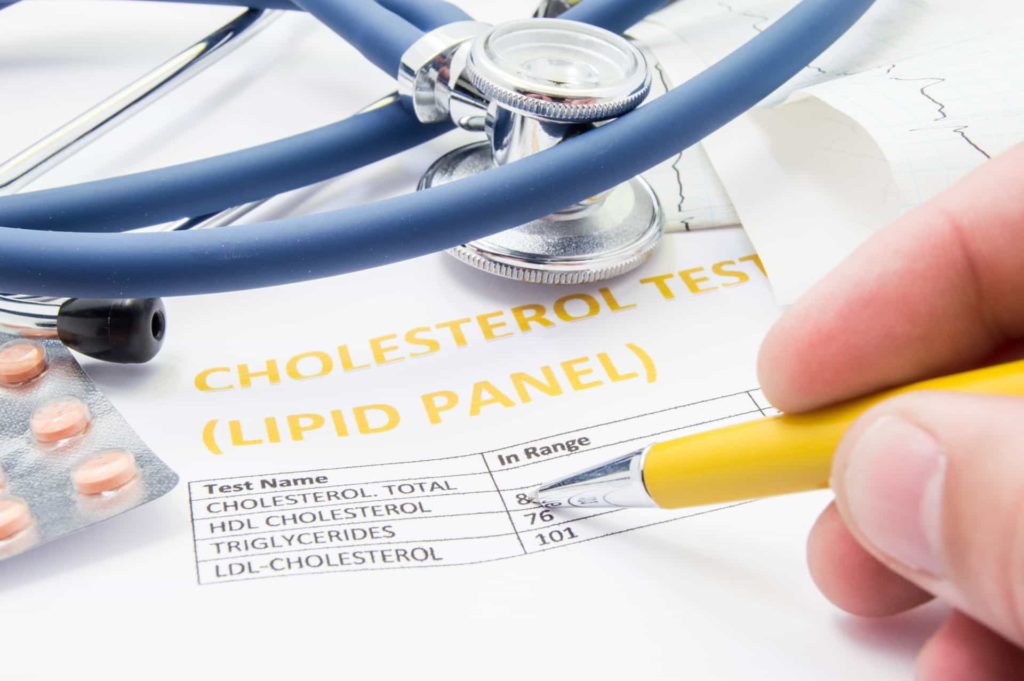Article
How to manage your cholesterol
Cholesterol is a waxy fat that is present in all human beings. Two sources contribute to the amount of cholesterol in the human body. First, the liver manufactures about 80 percent of it. Second, people consume it by eating animal products such as meat, eggs and dairy products. Cholesterol is carried through the bloodstream by certain proteins (apolipoproteins). When these proteins wrap around cholesterol and other types of fats (lipids) to transport them through the bloodstream, the resulting “packages” are called lipoproteins. There are four different types of lipoproteins that carry cholesterol through the bloodstream:
- High-Density lipoproteins(HDL) associated with “good” cholesterol
- Low-density lipoproteins (LDL) associated with “bad” cholesterol
- Very-low-density lipoproteins (VLDL), which are associated with “very bad” cholesterol
- Triglycerides which only carry a small percentage of cholesterol
The National Cholesterol Education Program classifies total cholesterol levels as follows:
- Less than 200, desirable
- Between 200 and 239, borderline to high
- Over 240, High
HDL levels:
- Below 40 – poor (High risk for Coronary Heart Disease)
- 40 to 60 – mid range
- Above 60 – good (Low risk for Coronary Heart Disease)
LDL levels:
- Below 100 – optimal
- 100-129 near optimal
- 130-159 border line high
- 160-189 high
- 190 or above – very high
Triclycerides:
- Below 150 – normal
- 150-199 – borderline high
- 200-499 – high
- 500 and above – very high
Impotency and Cholesterol
In a totally unrelated development (unrelated to aging, that is), National Institute of Aging supported scientists from the University of South Carolina have found yet another compelling reason to avoid cholesterol. Men with lower blood cholesterol or higher amounts of the beneficial high-density lipoprotein (HDL) cholesterol may be less likely to develop erectile dysfunction or impotence. According to the researchers, atherosclerosis (hardening of the arteries), which may impede blood flow to and from the penis, is one primary cause of impotence. While a positive link between blood cholesterol and atherosclerosis, the association between cholesterol and impotence has only been suggested until now.


